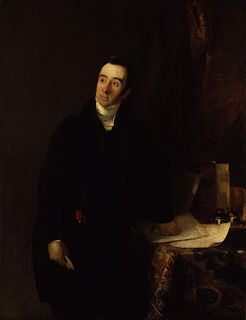A Quote by Francis Jeffrey, Lord Jeffrey
Damn the Solar System. Bad light; planets too distant; pestered with comets; feeble contrivance; could make a better myself.
Related Quotes
This most beautiful system of the sun, planets and comets could only proceed from the counsel and dominion of an intelligent and powerful Being. And if the fixed stars are the centres of other like systems, these, being formed by the like wise counsel, must be all subject to the dominion of One; especially since the light of the fixed stars is of the same nature with the light of the sun.
There's no doubt that the search for planets is motivated by the search for life. Humans are interested in whether or not life evolves on other planets. We'd especially like to find communicating, technological life, and we look around our own solar system, and we see that of all the planets, there's only one that's inhabited.
When I grew up as a kid, we didn't know there were any other planets outside of our own solar system. It was widely speculated that planet formation was an incredibly rare event and that it's possible that other planets just don't exist in our galaxy, and it's just this special situation where we happen to have planets around our sun.
I used to be a strong believer that we would eventually colonize the solar system the way it's been done in science fiction many, many times: bases on the moon, Mars colonized, move out to the outer planets, then we go to the next solar system and build a colony there. I don't know now - I'm not as convinced that's the way it's going to pan out.
When Hubble was launched, it became clear very shortly thereafter that there was a problem with the optics.The mirror was not quite the right shape. And the one program that I had really been looking forward to doing with Hubble was studying outer planets in our solar system, the planets Uranus and Neptune.




























